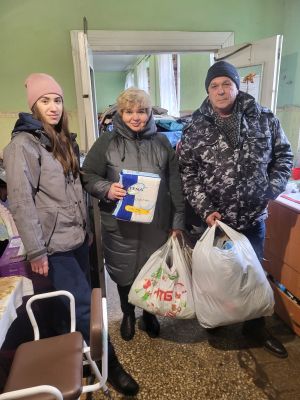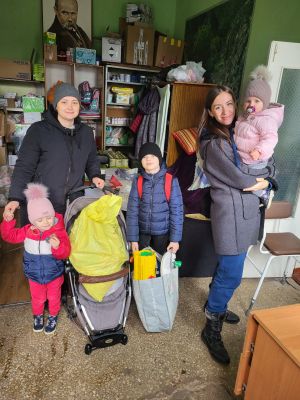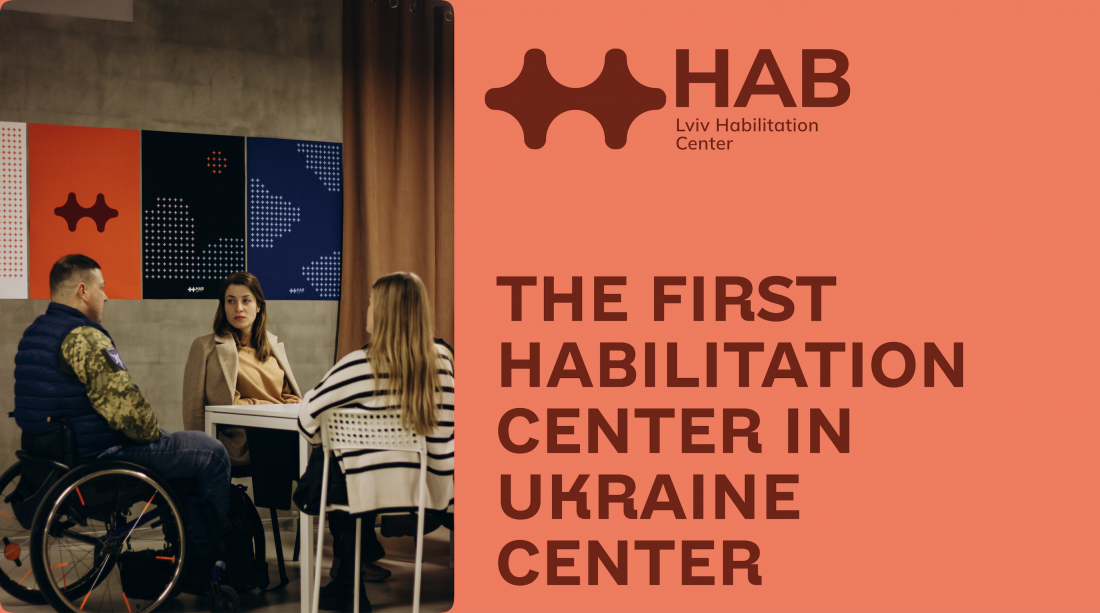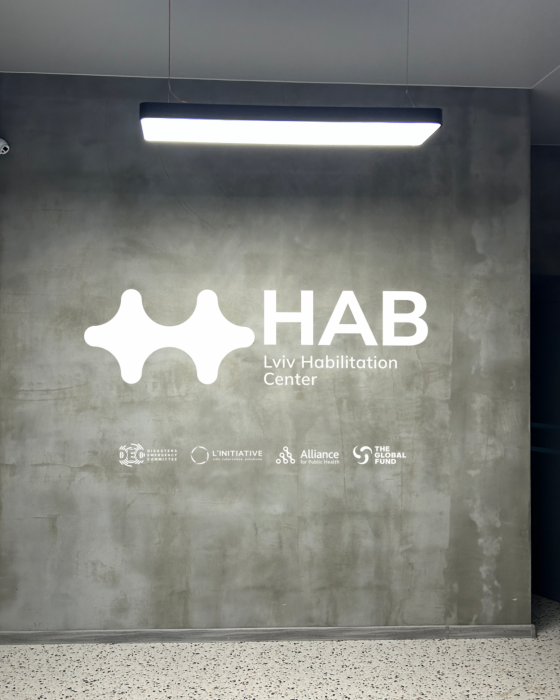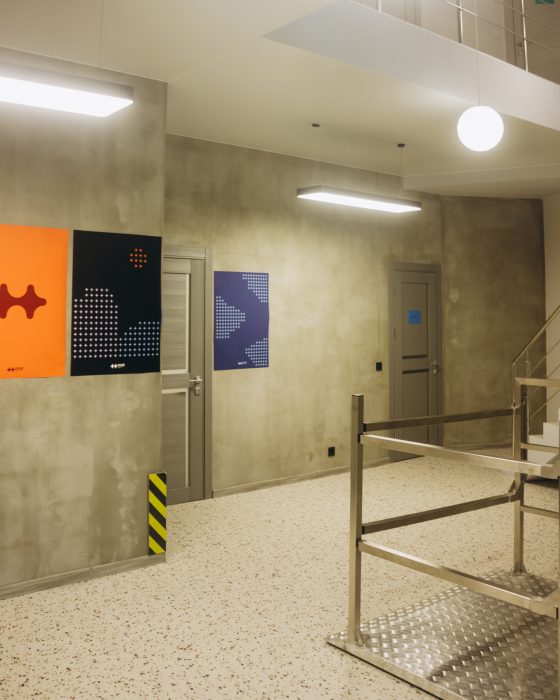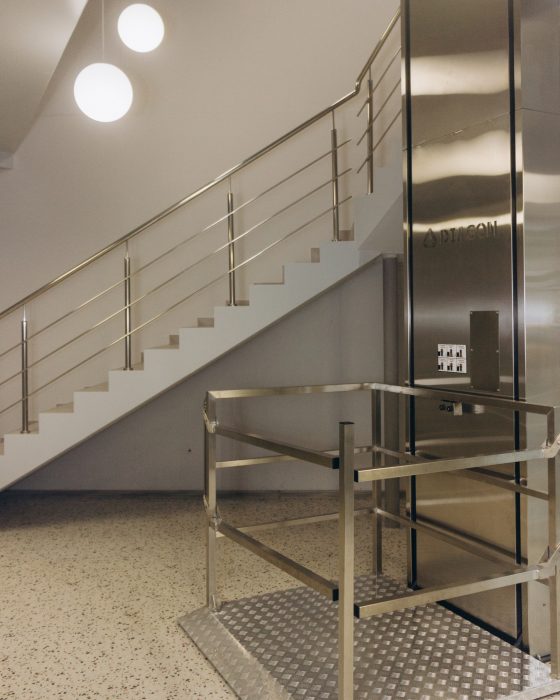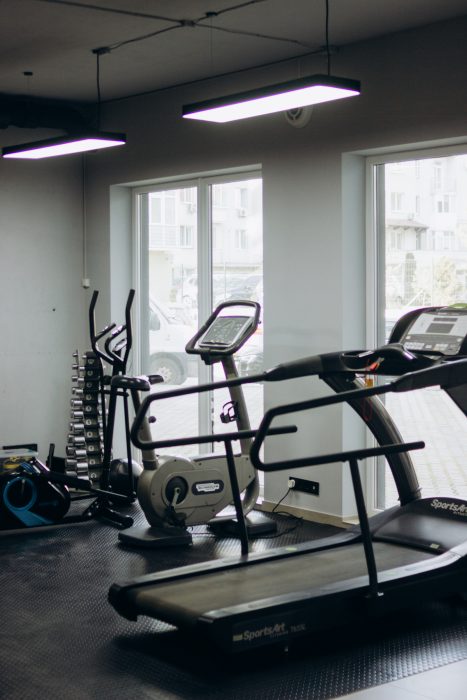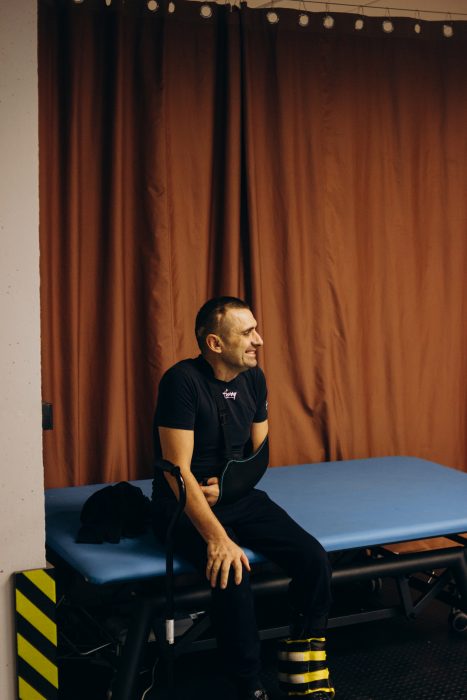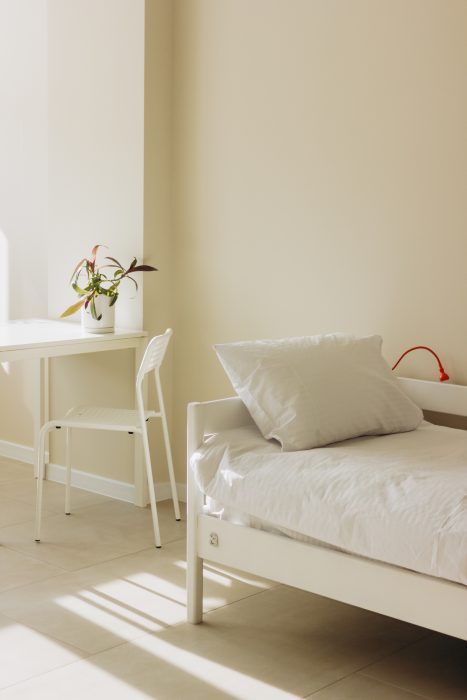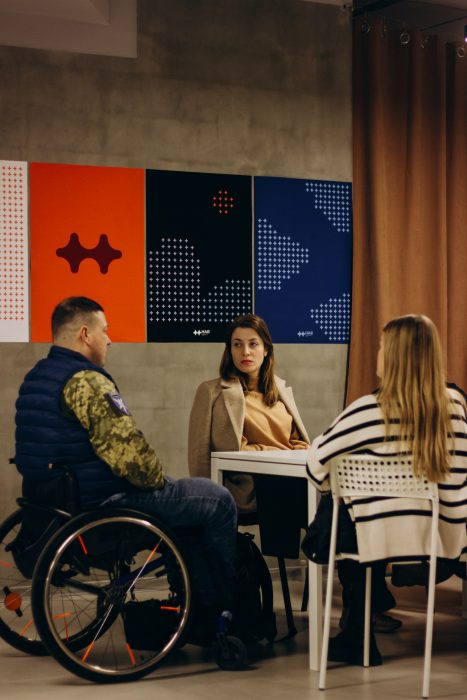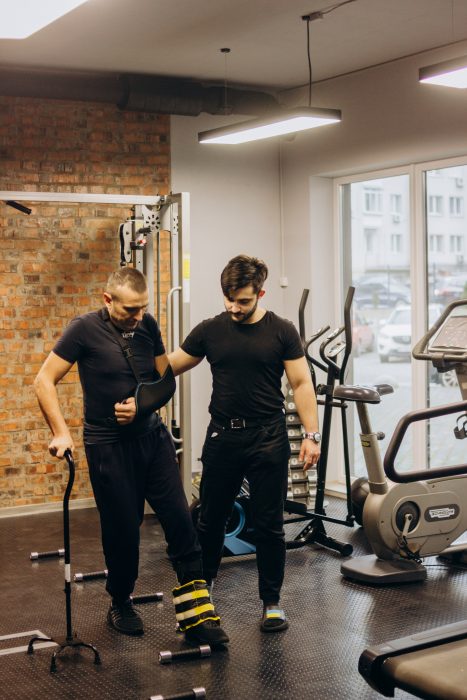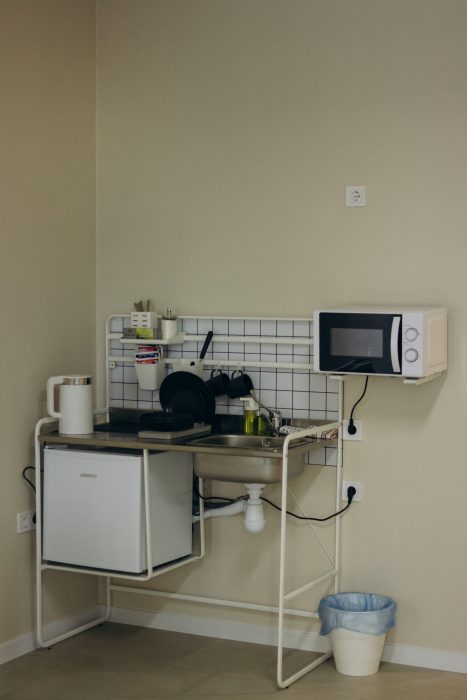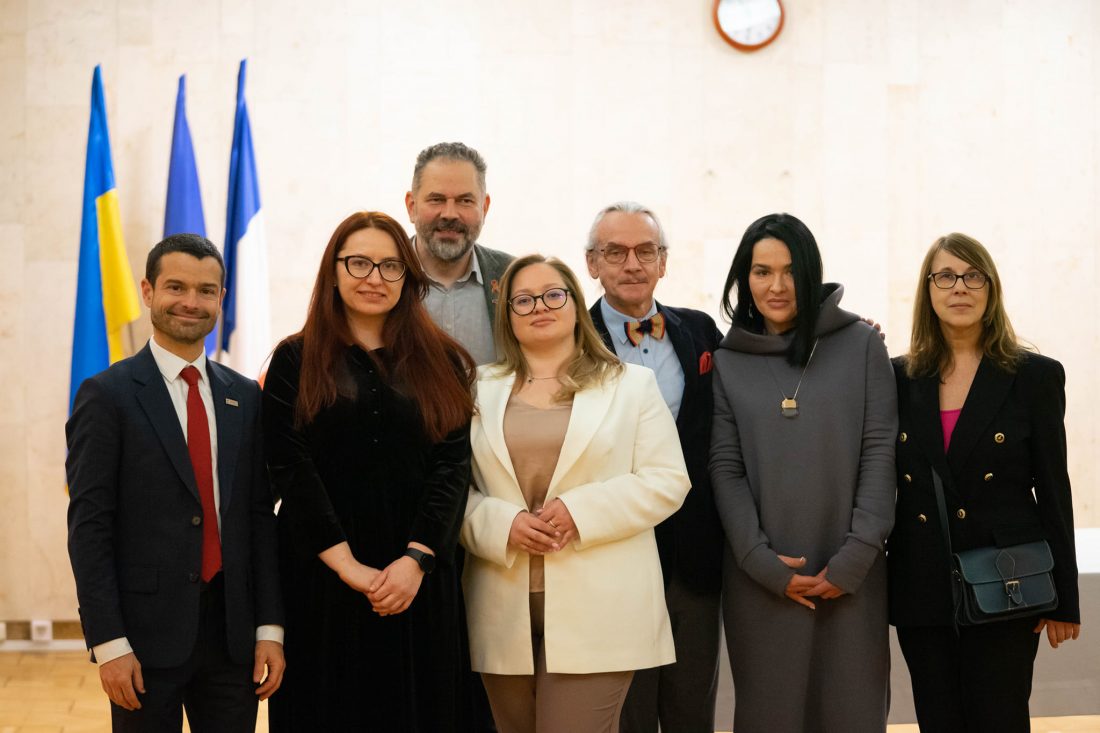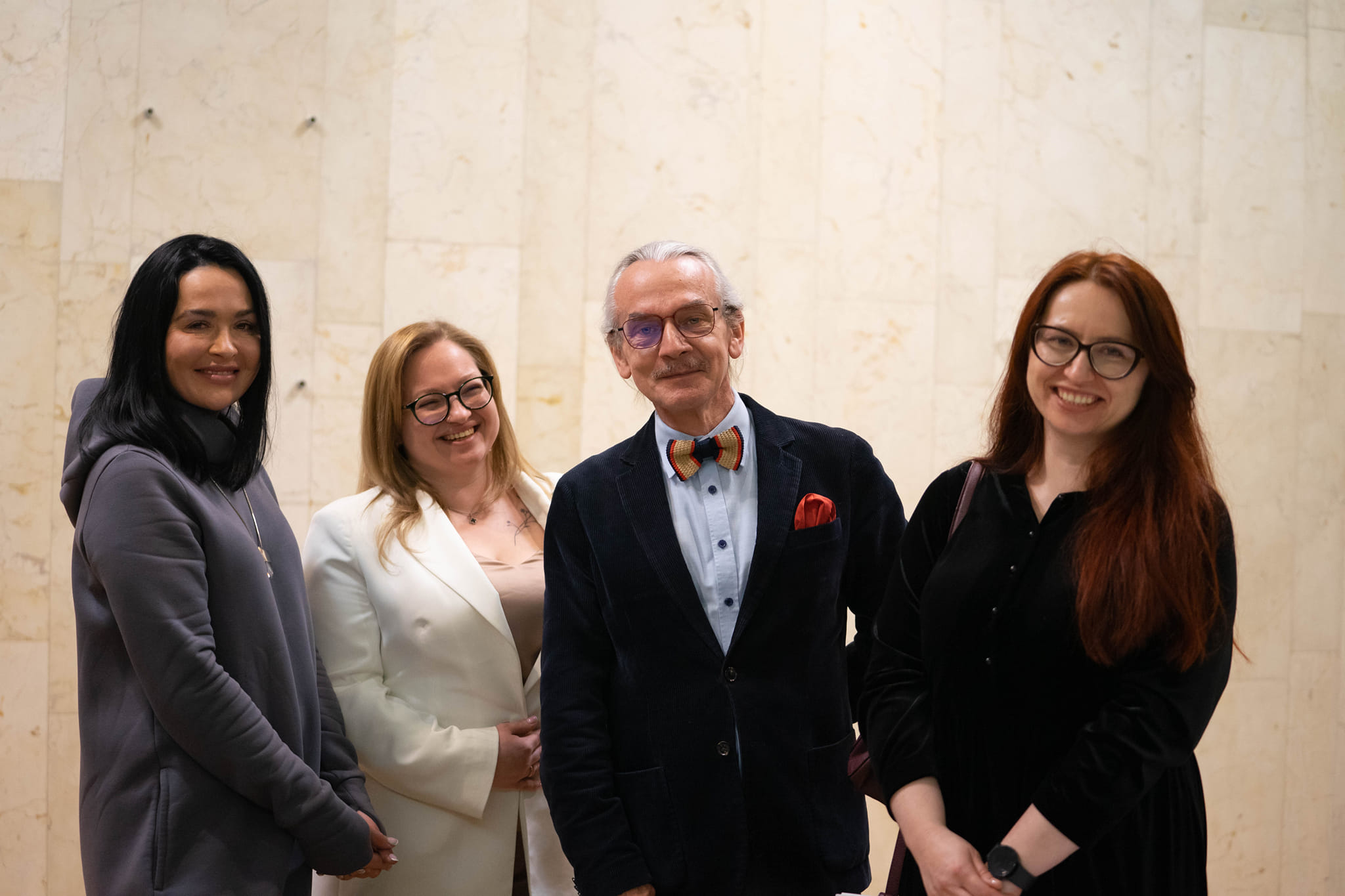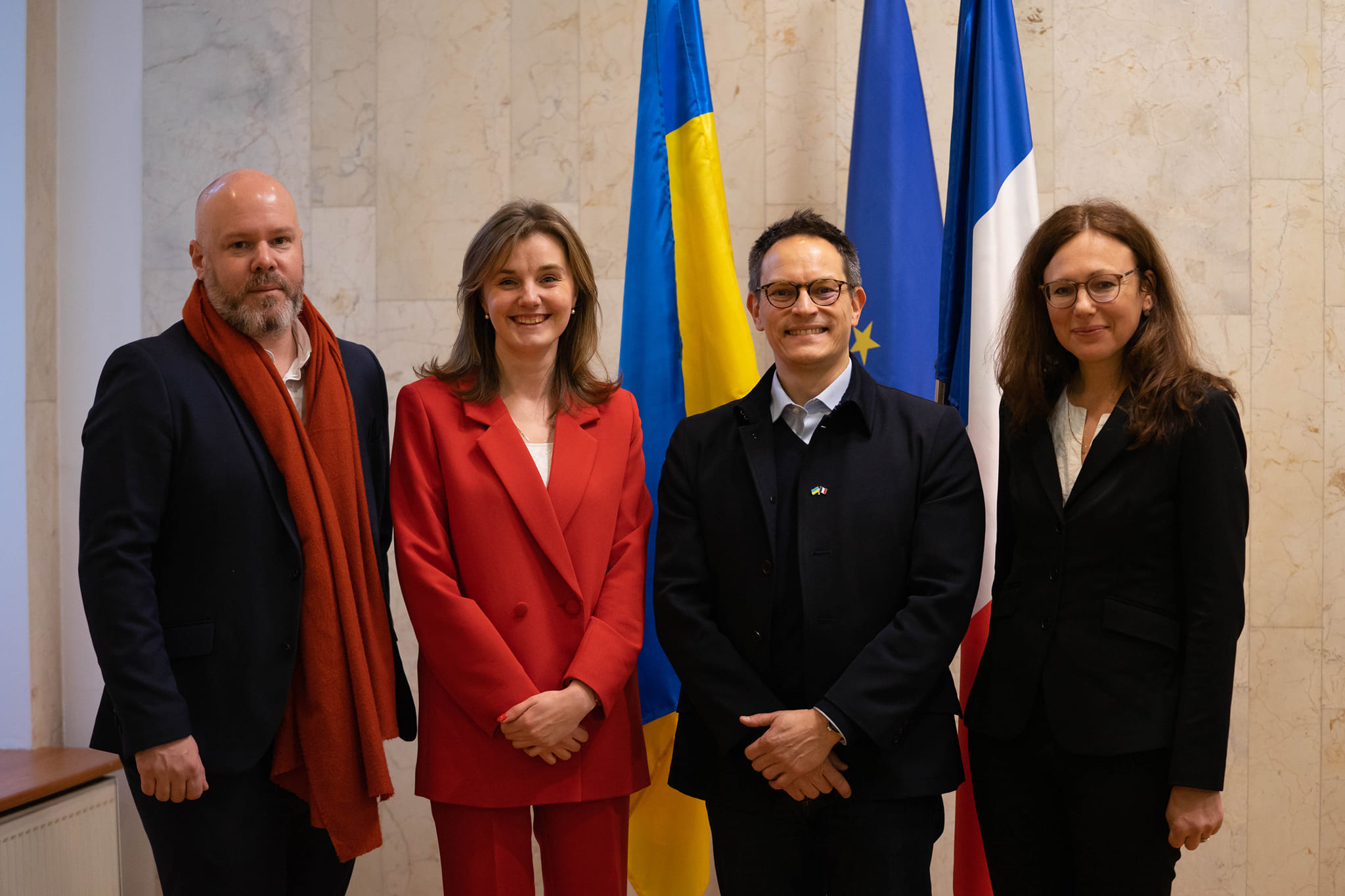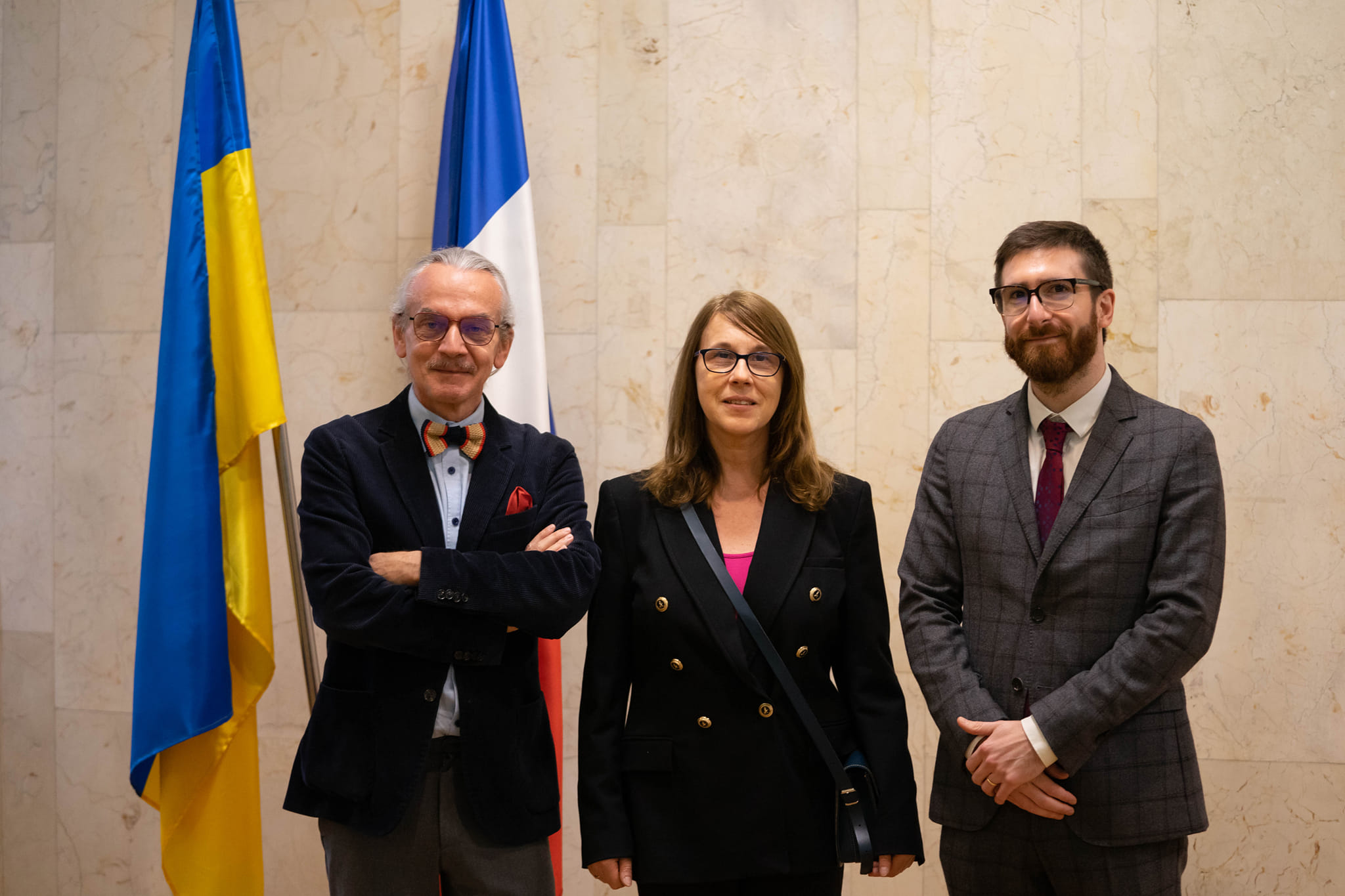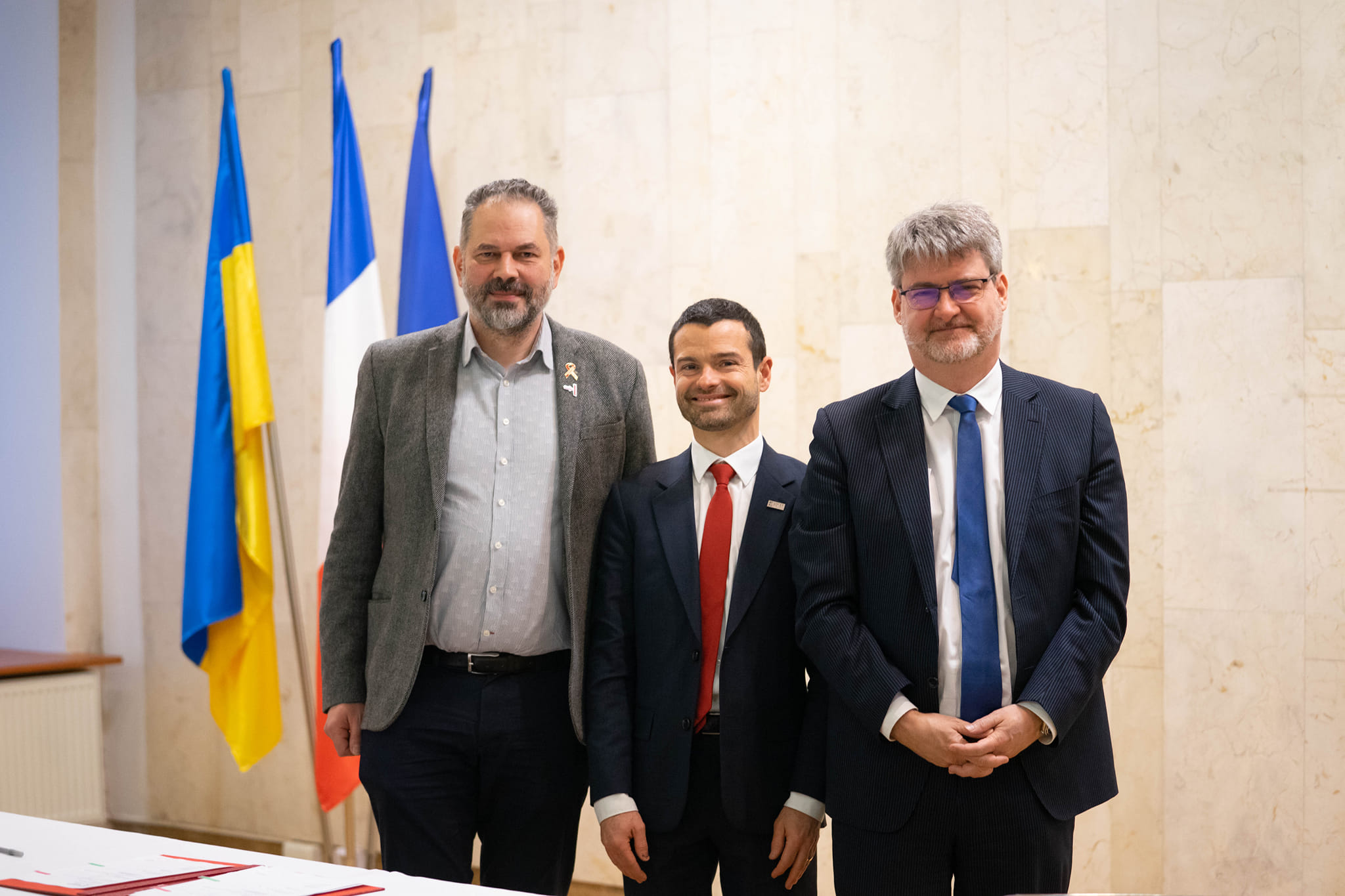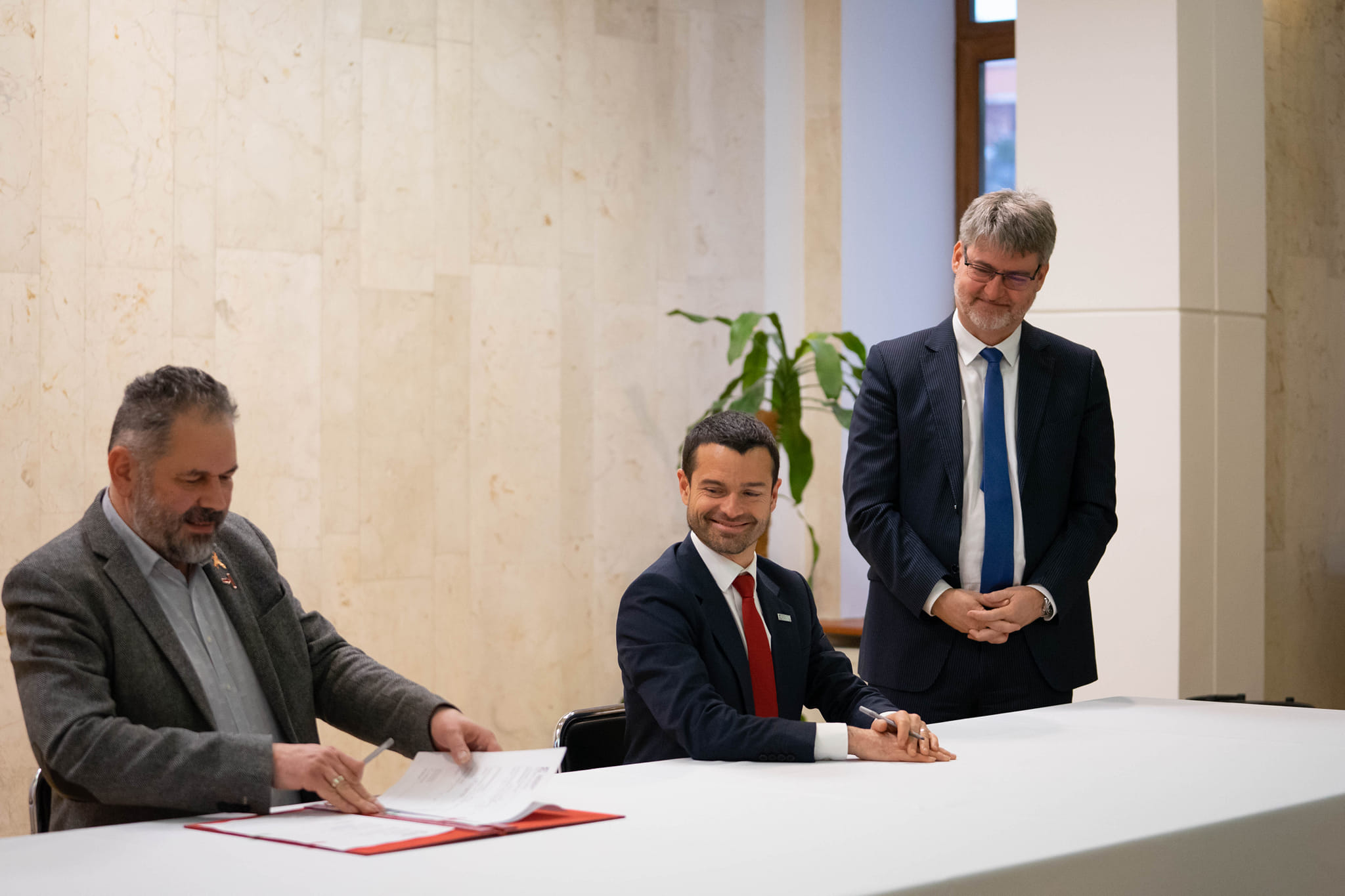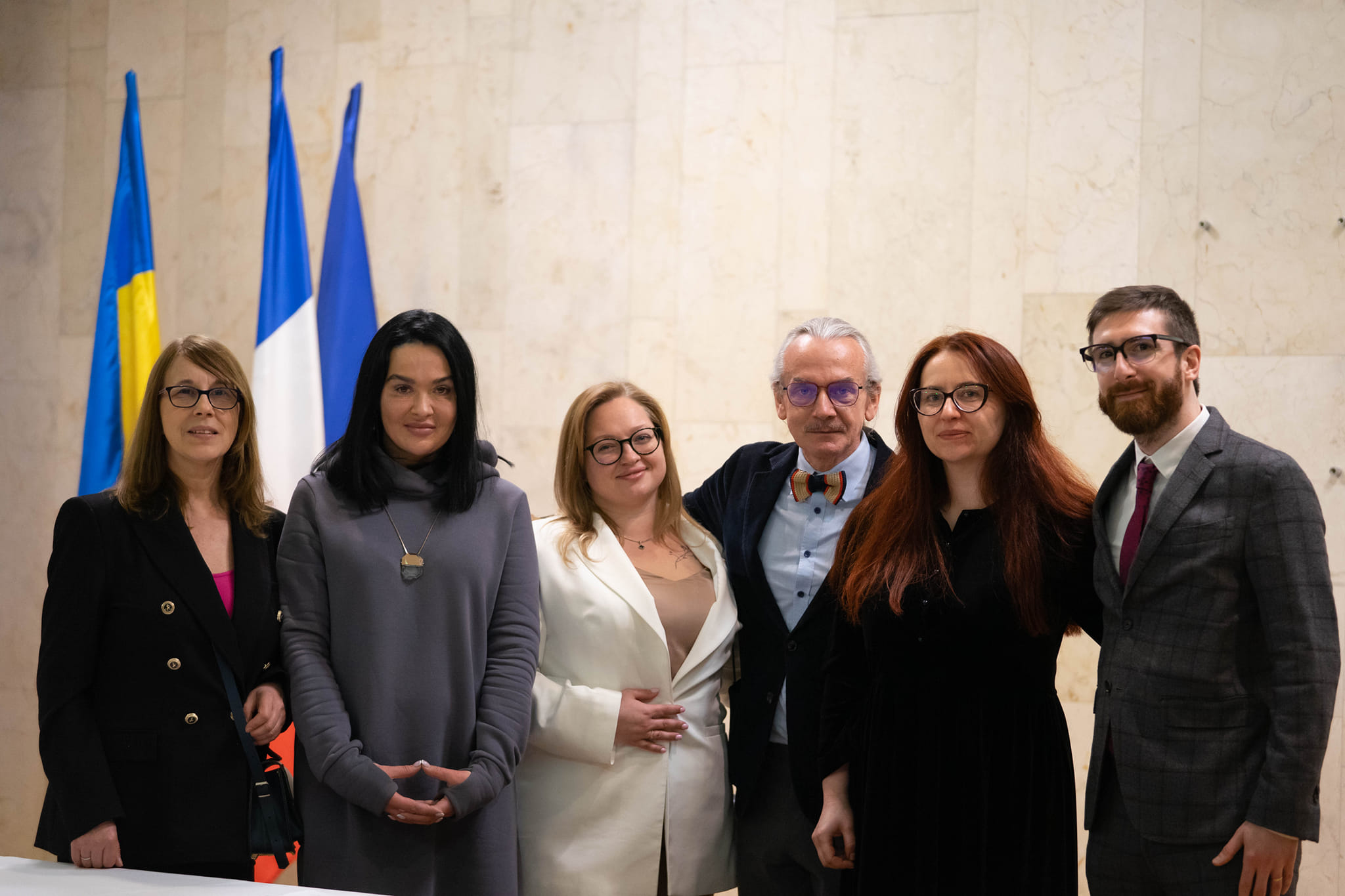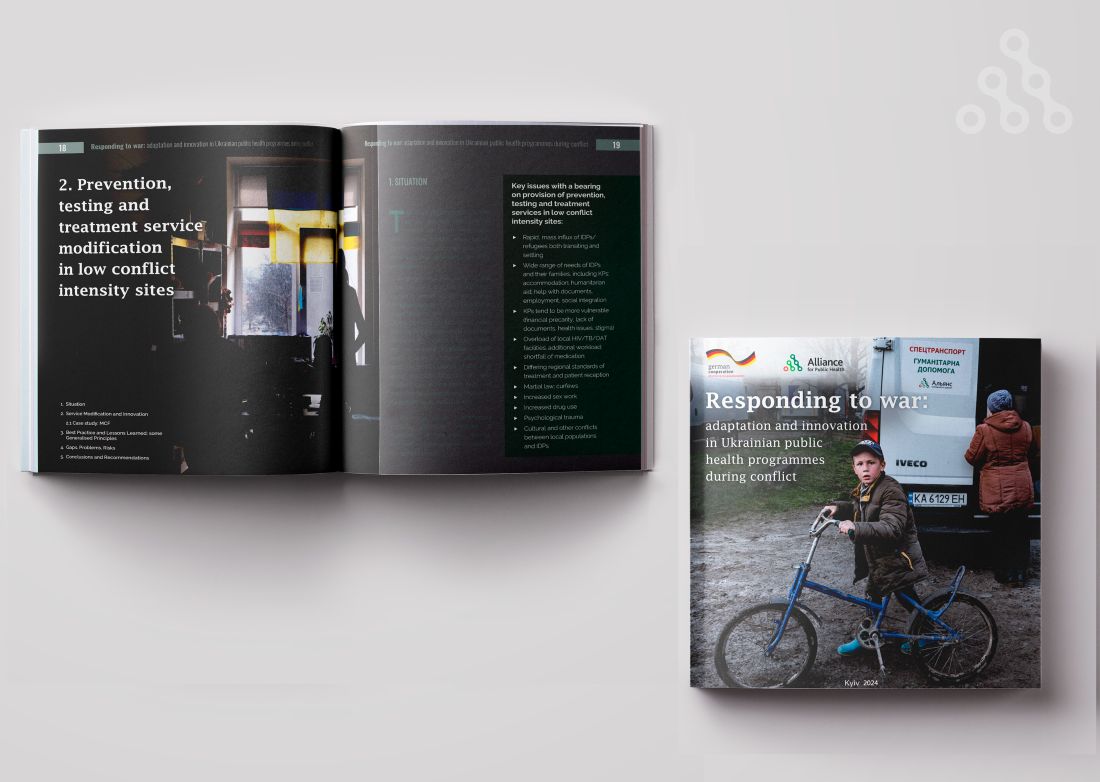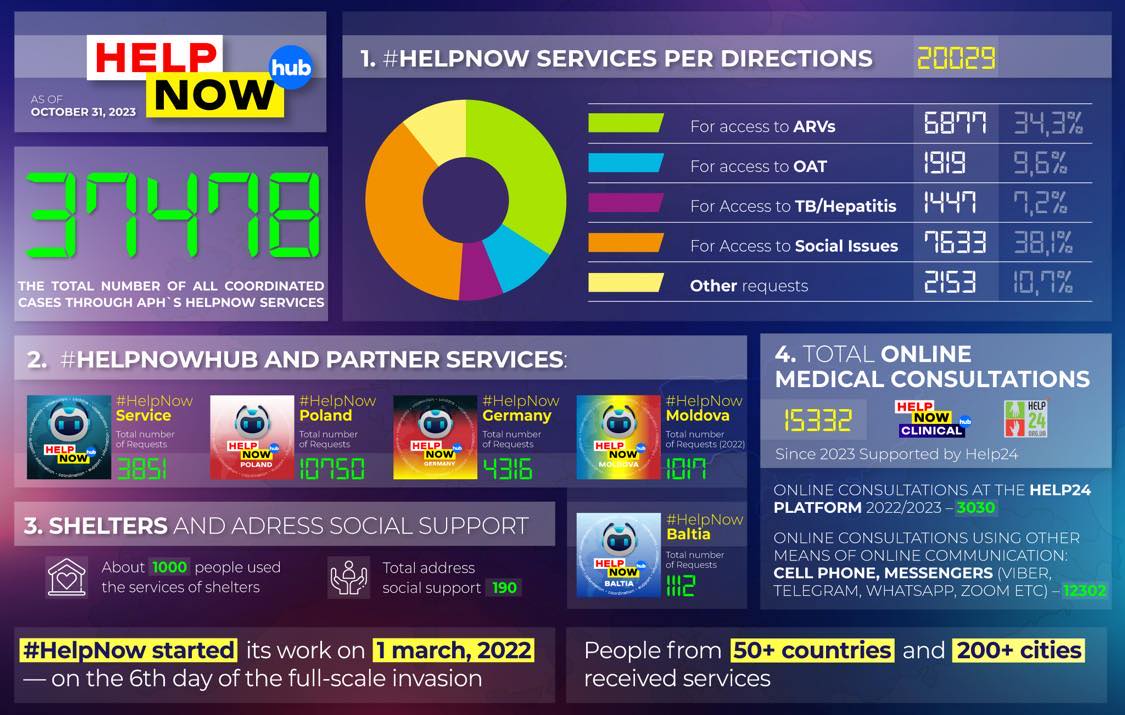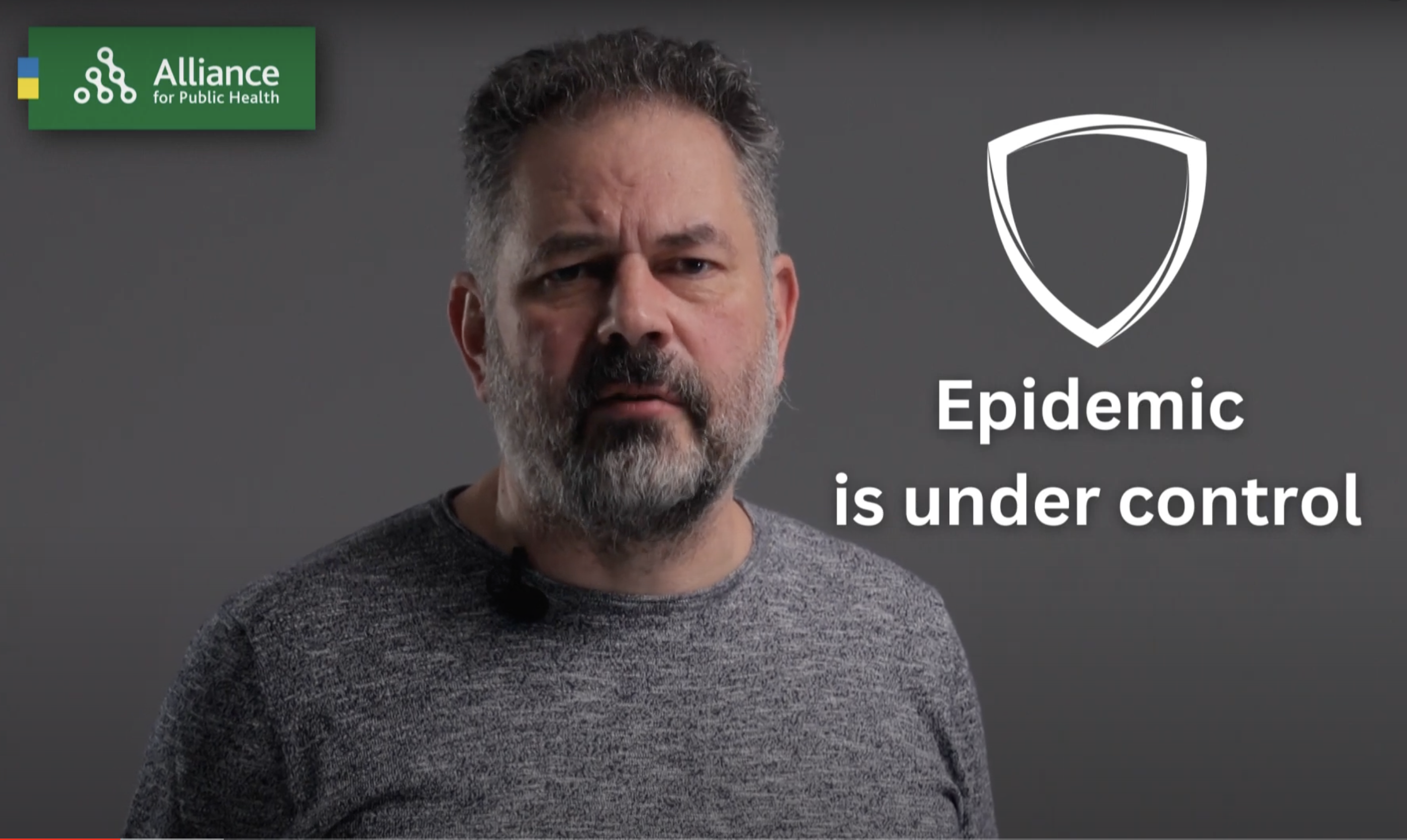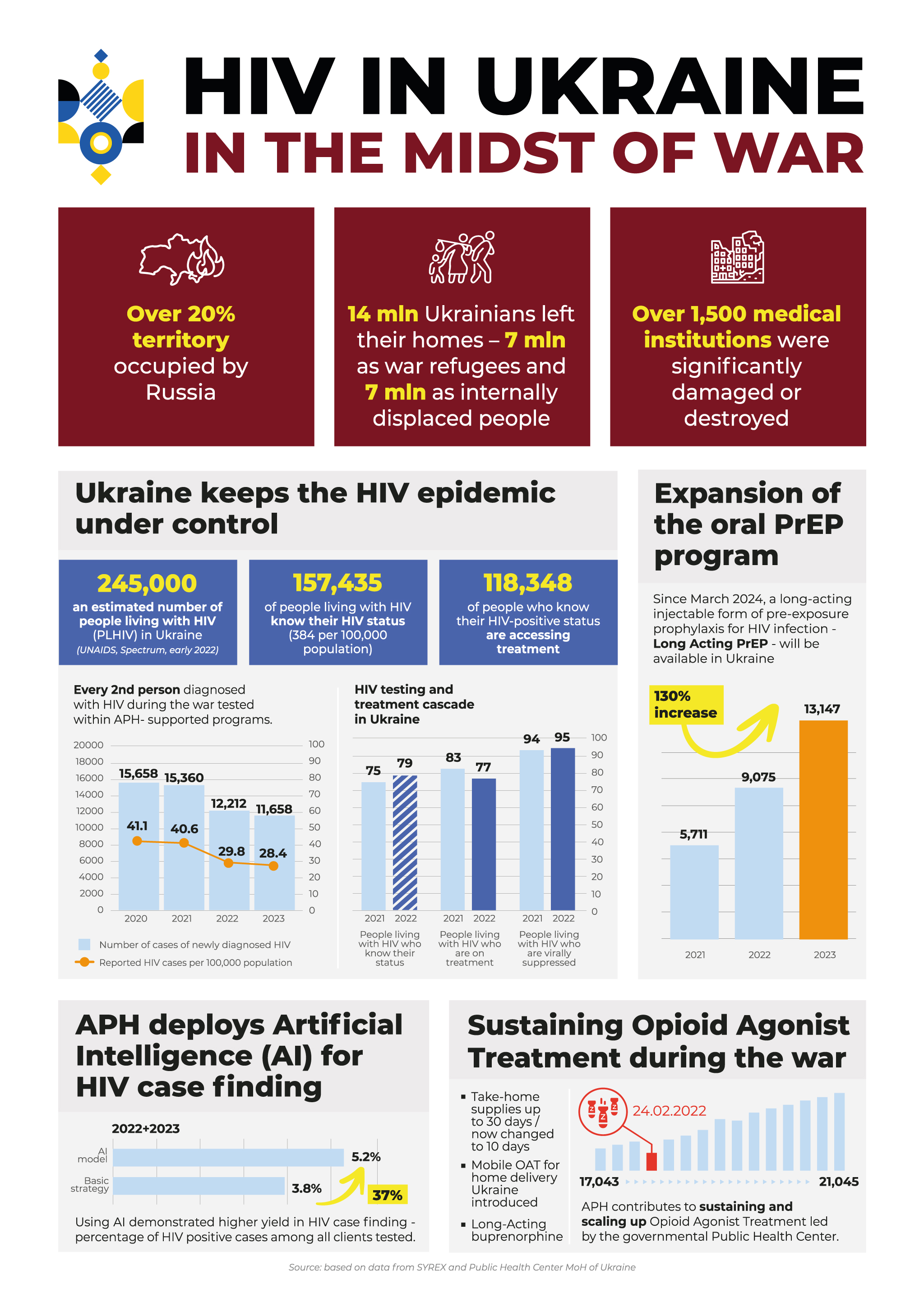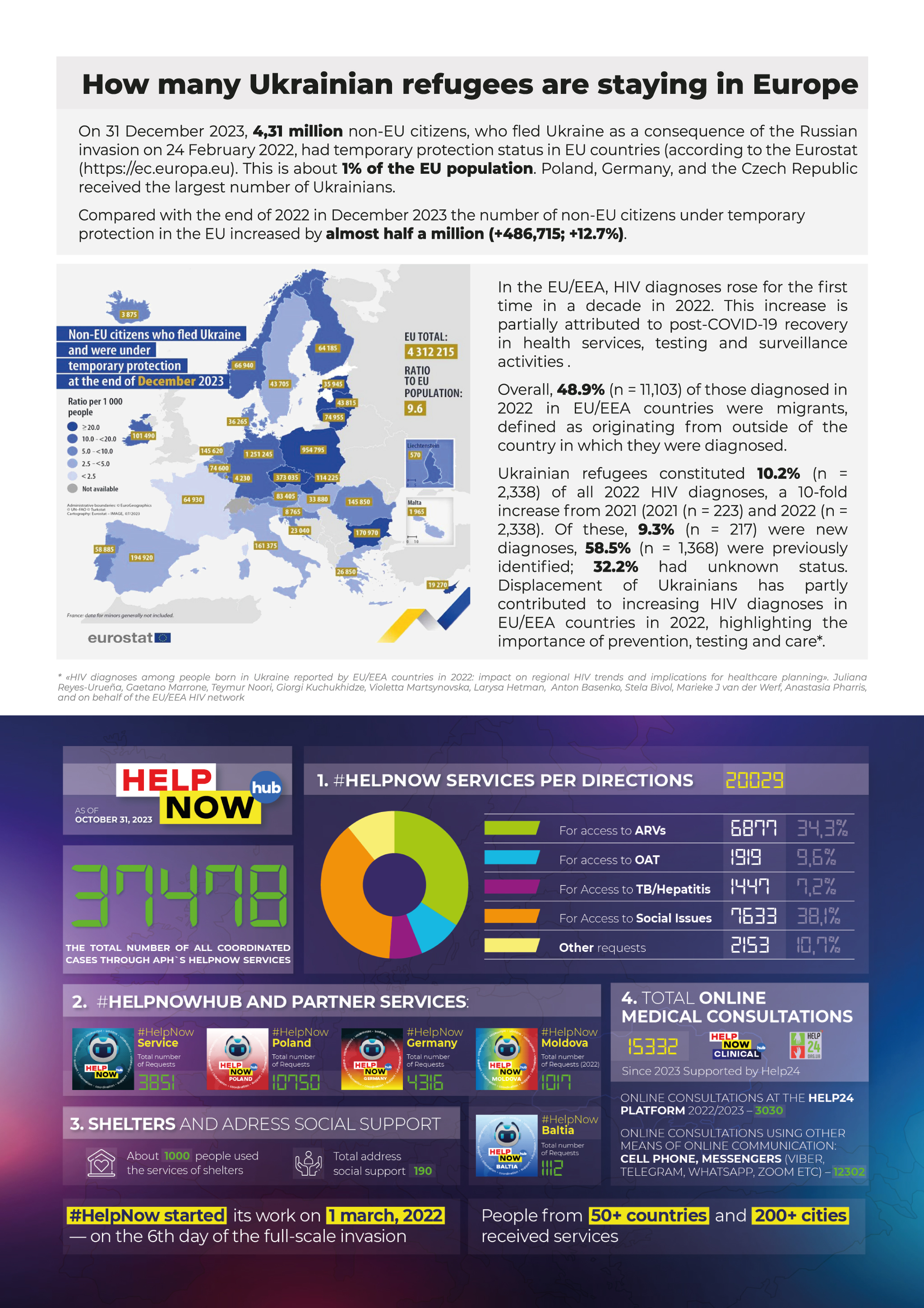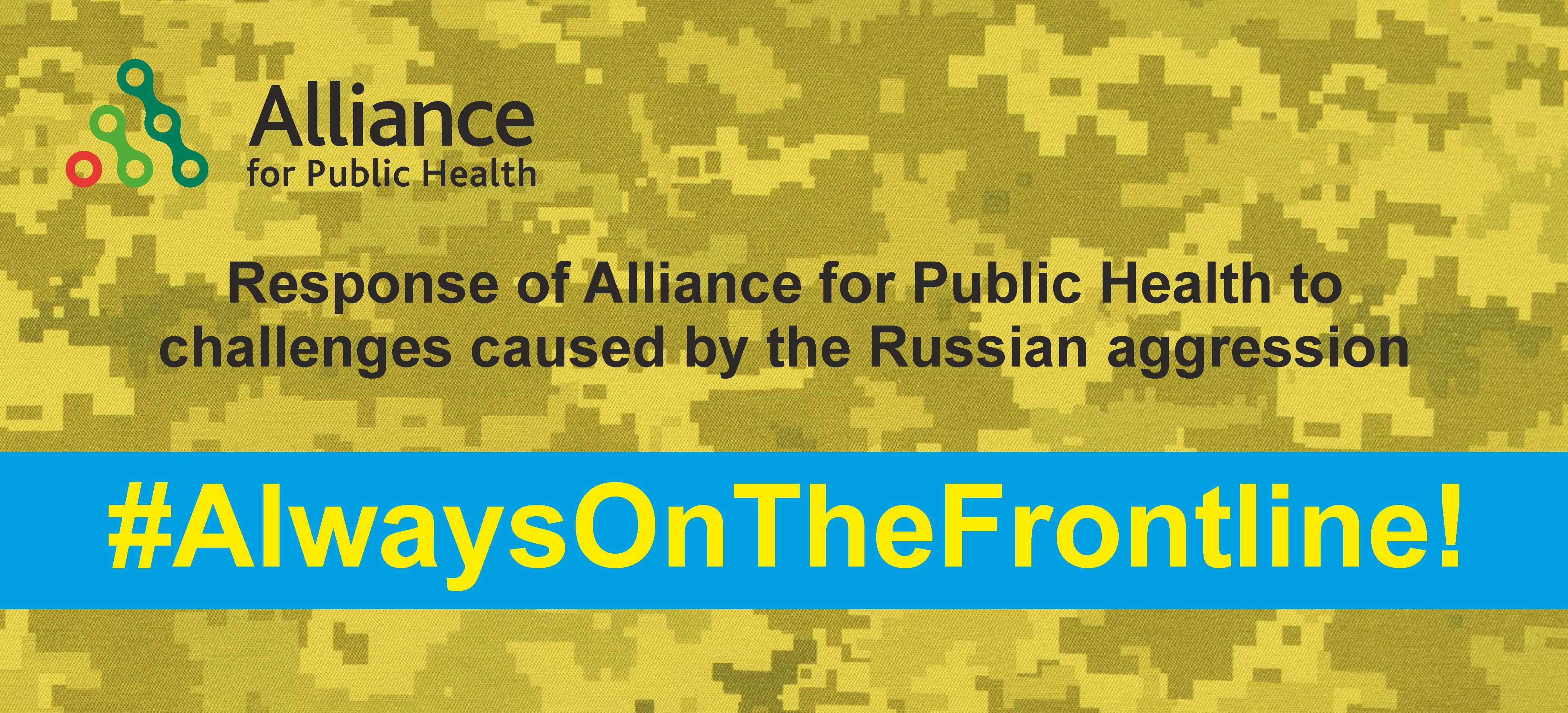Andriy Lemak, 48, and his wife Liuba are from the Carpathian mountains in west Ukraine. Andriy is a Boiko – one of three ethnic groups from this region. A builder by trade, he joined up in February 2022 to fight with the 24th Mechanized Brigade. The couple have three children. This is Andriy’s third rehab.
INJURY
Andriy: “As soon as I heard what was happening, I went to the army recruitment office. Everyone knew there would be a war. Except those who didn’t want to know, who closed their eyes… I was on Maidan in February 2014, when so many people were killed. They shouted from the stage: Don’t run, because there will be a provocation! And then the boys were carried back as corpses. No one could believe that this would happen… And now we cannot believe that Odesa, Sumy, Kharkiv are being erased from the face of the earth. Dnipro, Zaporizhzhia. We can’t believe it, can we?
I was in Donbas in 2014 and 2015, in Debaltseve. But when Debaltseve was captured, I was at home, we had a rotation. It was Christmas, and our command decided we could go home for Epiphany. So on January 12, I left for home. And Debaltseve began to be surrounded on 18 January. It was taken by February 19. I was very lucky, you could say…
I served for two months in the full-scale war. I was injured in April 2022, in Popasna. I came round in Uman. Аnd Dnipro, Pokrovsk – I don’t remember anything, I was in a coma for 10 days. I think they were pumping me full of something, because I was in the Atlantic Ocean, I was in the Arab Emirates, I was in the trenches… and on 9 May I started to come to my senses. I started asking: Where am I? What’s the matter with me? Because the last thing I remember was the tank firing, nothing more… There were nurses, doctors – they thought I knew everything, but I don’t remember anything. Maybe they told me ten times. I know that I had this vision… I saw myself from above: My arm was hanging and all black. Because the same arm was torn open. My arm was black and I had no skull, only white brains. And I feel myself – look, my head is there… I couldn’t understand what happened to me, was it just a dream or something. Then I started to ask, and they explained. Then they sent me to hospital in Lviv. And then drip, injections, injections, drips…”
Liuba: “An acquaintance told us Andriy was wounded, but they didn’t know where he was. We called the hospitals ourselves and found him. After four days. The military had my number, but they didn’t inform us. Many boys were killed and wounded then… He was in Uman, and then here in Lviv, and I came to Lviv. They gave him an old phone, and I called him. He couldn’t pick up the phone by himself, especially since it was just a normal old one, so someone answered the call for him. I didn’t know at first that he would be blind. Later the doctor told me they had taken out one eye right away. And the other one they said was damaged. I was still hoping that he would be able to see, but it turned out the other eye was completely ruined.”
Andriy: “We went to Germany, to Dresden, and there they said the explosion had damaged my rear retina and it cannot be renewed… So everything died. Now I have two hopes: that technology is advancing and I will have an artificial electronic eye, and that this will not cost half a million or a million euros. If possible, that we can afford it. These are all our hopes.”
REHABILITATION
Liuba: “They found my number through volunteers and called us [about the rehab]. The first time, we immediately agreed, because he hadn’t gone anywhere at all. He liked it because there are guys like him there, and the environment is a bit different from home. They taught us bit each time. Every time they remind him, remind him, and it is already a little better. I keep repeating things to him, but his brain is damaged and he forgets… it’s his short-term memory, he can forget. That’s why he’s like this, a bit nervy. I remind him all the time, and he gets irritated. He has a metal plate; the entire front part of his skull was shattered. Sometimes he can chatter like a small child, when he’s in the mood. His hand doesn’t function well either, the bone was torn out… It’s hard for him to use one hand.
I get a rest here at this rehab. At home – family, routine, work, everything is on me, but here I rest from everything. I relax a little once a year.”
Andriy: “We have to be independent, move independently, understand what we need, learn to live in the world in which fate has put us. We have to survive. The trainers here help us… New people, new experiences, new skills. You don’t want to be alone somewhere, you are looking for new experiences. I didn’t know lots of things. You’re not interested, until you lose your sight. Like orientation — before, I didn’t understand, I was never interested or thought about it. Family problems, how to earn money, where to go…. and then you’re faced with the fact that you can’t see. For me, the first impression was that this is temporary, it will end soon. But it hasn’t ended in two years, and it isn’t going to end. These people show us, tell us things. We need to look for new incentives. New interests. We have to live. God saved my life, I still have children – I have to live.”
BACK INTO SOCIETY
Andriy: “We’ve got two boys and a girl. The oldest is 21. The second is 18, he’s studying at Lviv polytechnic. And our daughter is still at school…. The eldest is at Kharkiv military institute, but now he is in west Ukraine. He went to serve in Chernyakhovsky Defence Institute in Kyiv in September 2021, and in February 2022 our ‘soul brothers’ came. Our ‘liberators’. He was fighting right there in Kyiv. He has unrecognised concussion – one concussion isn’t even recognised as an injury anymore; you need at least two. It was a tragedy for my wife, both her son and her husband at the same time…
We live in a village, in the first mountains of the Carpathians. On the Dniester River. I walk around a little, if there is someone to walk with.”
Liuba: “It’s a bit difficult for him to walk at home, because we have dirt roads. But he can orient himself on earth and grass. And he remembers what is where. He can go to the shop himself, he can visit his friends. There is a little bridge and he can even cross the bridge, from memory. One time we were driving with him somewhere, and I didn’t know the road. He told me from memory where to exit, which building, which turn. Him speaking, and me with my eyes: that’s how we reached the place. He remembers everything that happened a long time ago. It’s what happened now, his short-term memory, that he can lose.
I’d never come across blind people before. And it was so difficult. I even cried, I didn’t know what to do with him. It seemed to me that I explained well how to go somewhere, but for him it was all wrong. And he was so anxious and irritable, and so was I. It took months to get used to how to cope with such a person. Now we’re used to it, we’re already making jokes: What, you’re not going to say where you’re going? He says he’s going to the neighbour’s. He goes along the fence and knows where to turn. I say: What did you say about not being able to see? You can see everything! That’s how we joke.
There is nothing difficult for me, because I can see. But for him… Well, sometimes he thinks it’s difficult for him. But he can do everything. He is so stubborn.
Our village is only small, but many of the men are in the army. They come to us, the ones who are serving. And Andriy reassures them that everything will be fine. That all is well. He always says that everything will be fine. He’s a positive person, he tells jokes. He also says that he was lucky. That there are some guys who are worse off. He says he was lucky.”

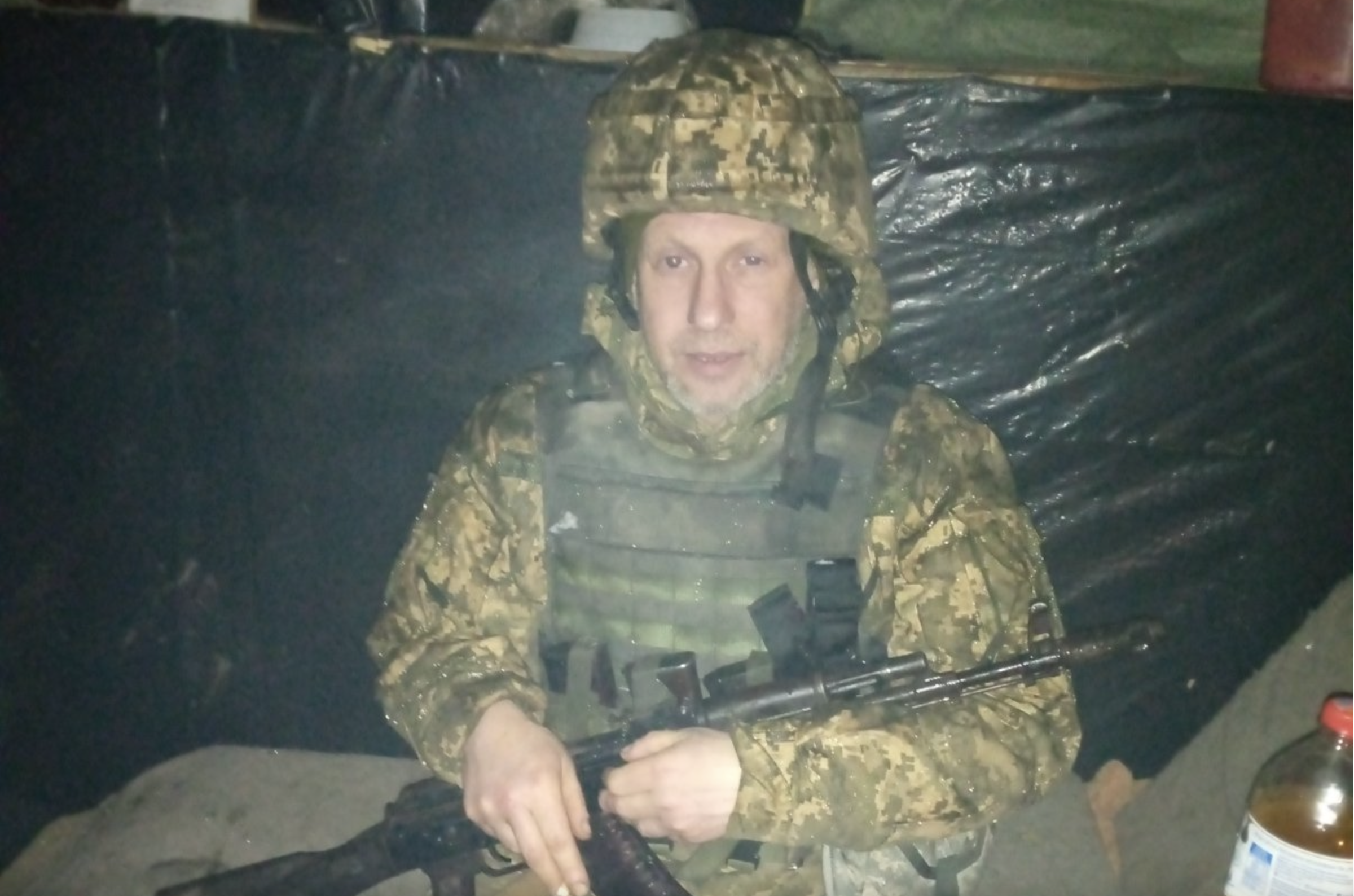
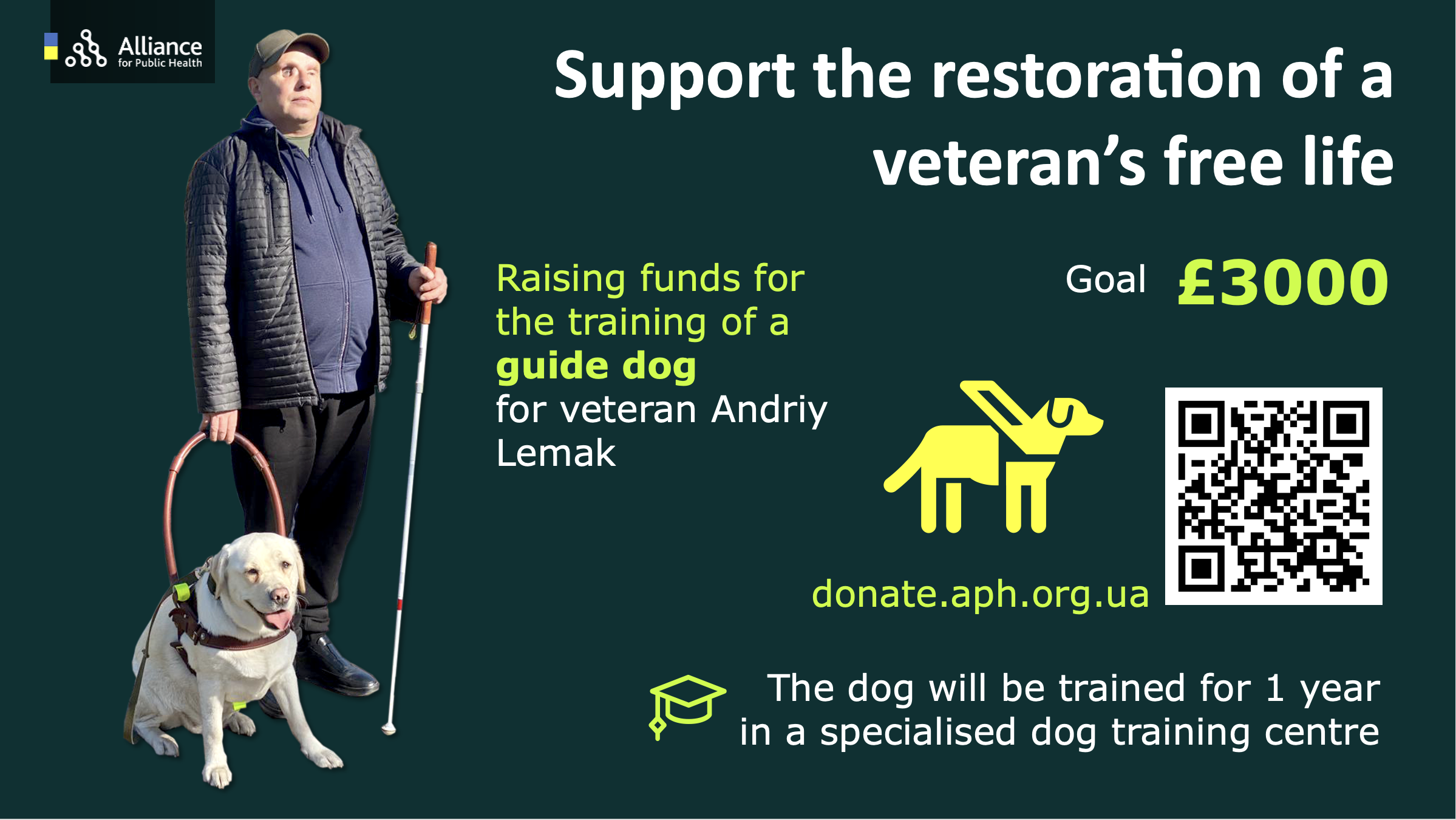
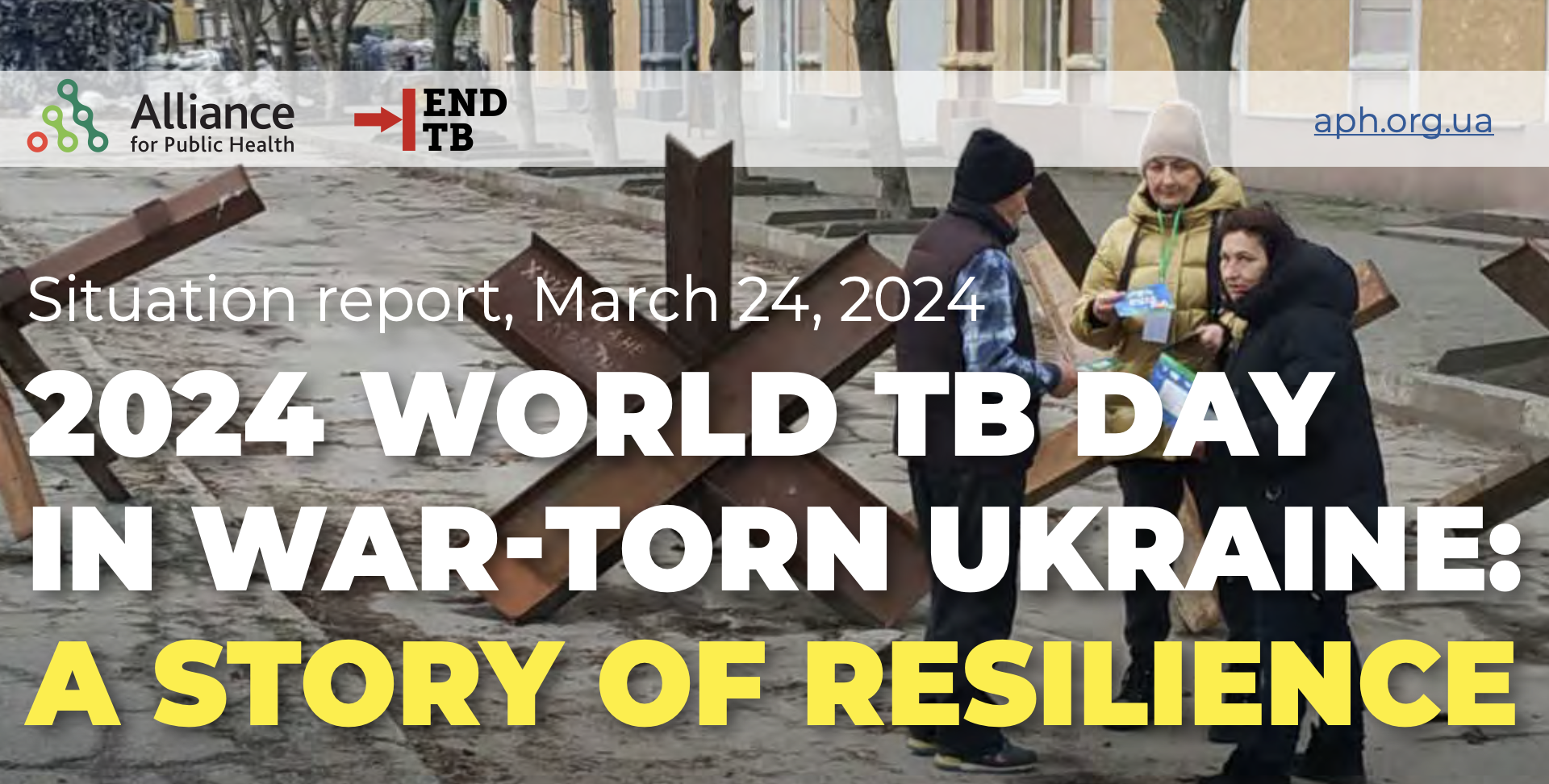
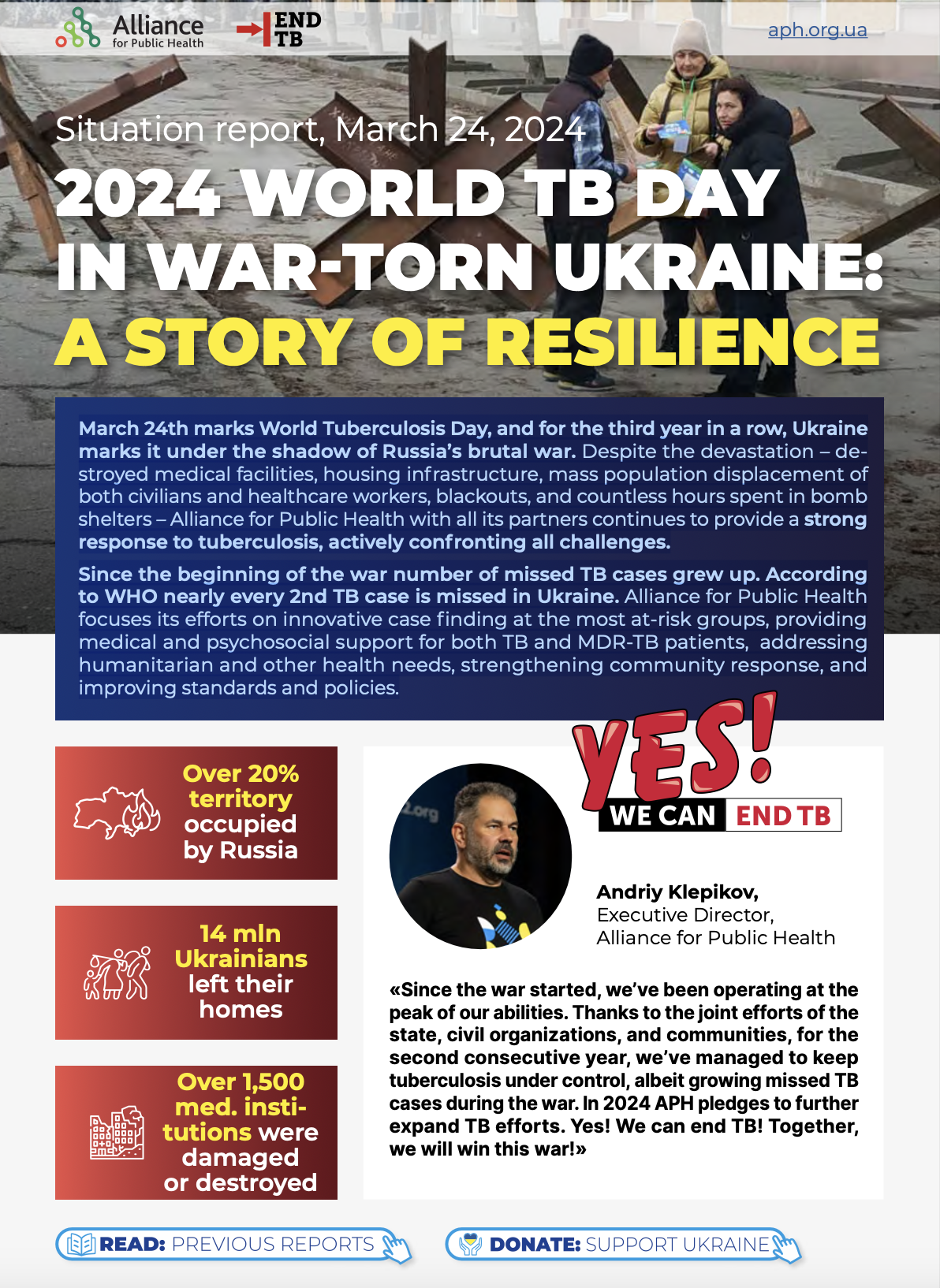
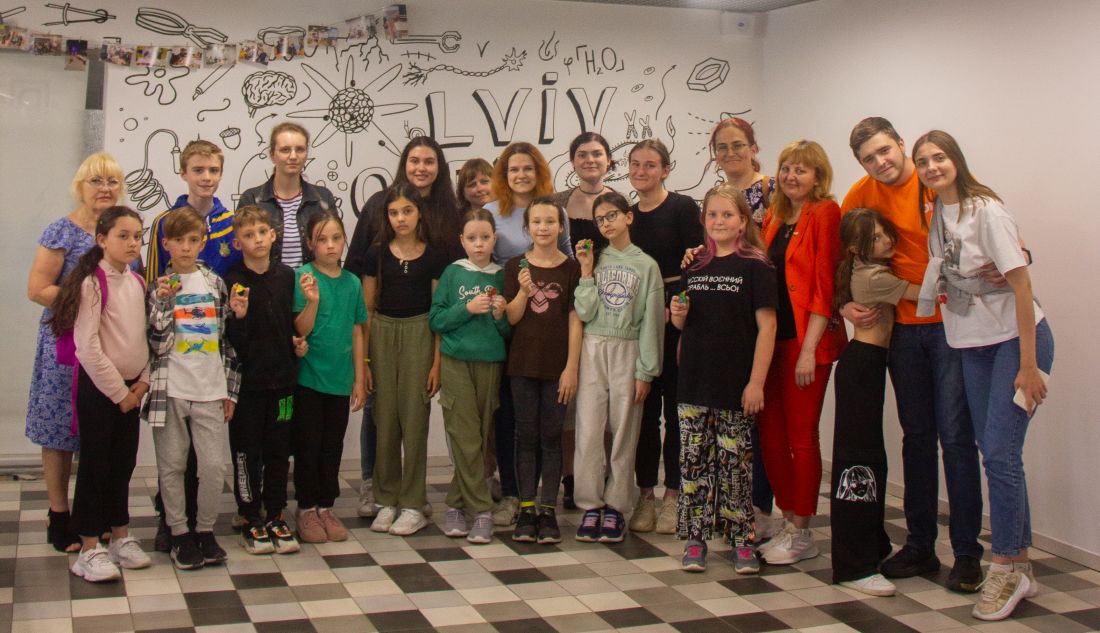
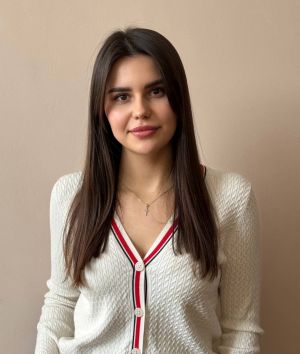 Anastasia Dyachkovska, coordinator of projects of the PO “Alternative”, Odesa region.
Anastasia Dyachkovska, coordinator of projects of the PO “Alternative”, Odesa region.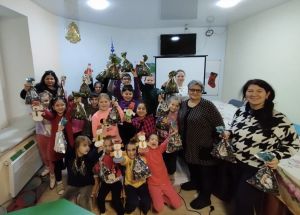
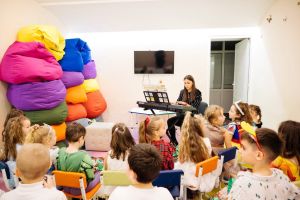
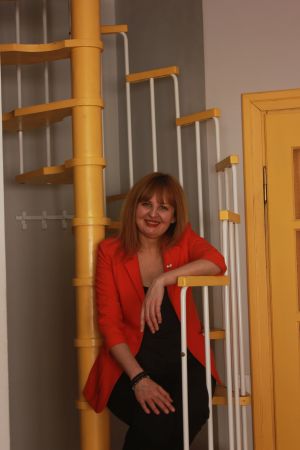 Victoria Bobrynok, director of the “Safe Place” shelter, Lviv.
Victoria Bobrynok, director of the “Safe Place” shelter, Lviv.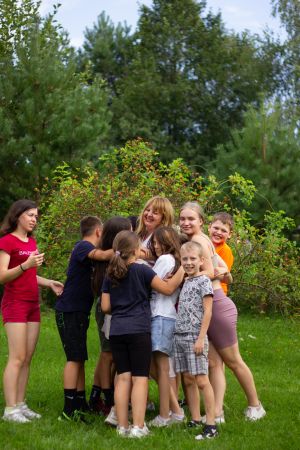
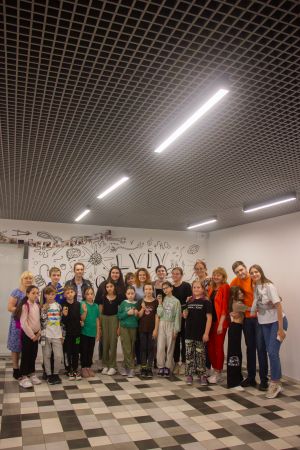
 Kateryna Horbyk, volunteer, and coordinator of humanitarian projects “Side by Side” and “Social Wardrobe”, Poltava
Kateryna Horbyk, volunteer, and coordinator of humanitarian projects “Side by Side” and “Social Wardrobe”, Poltava